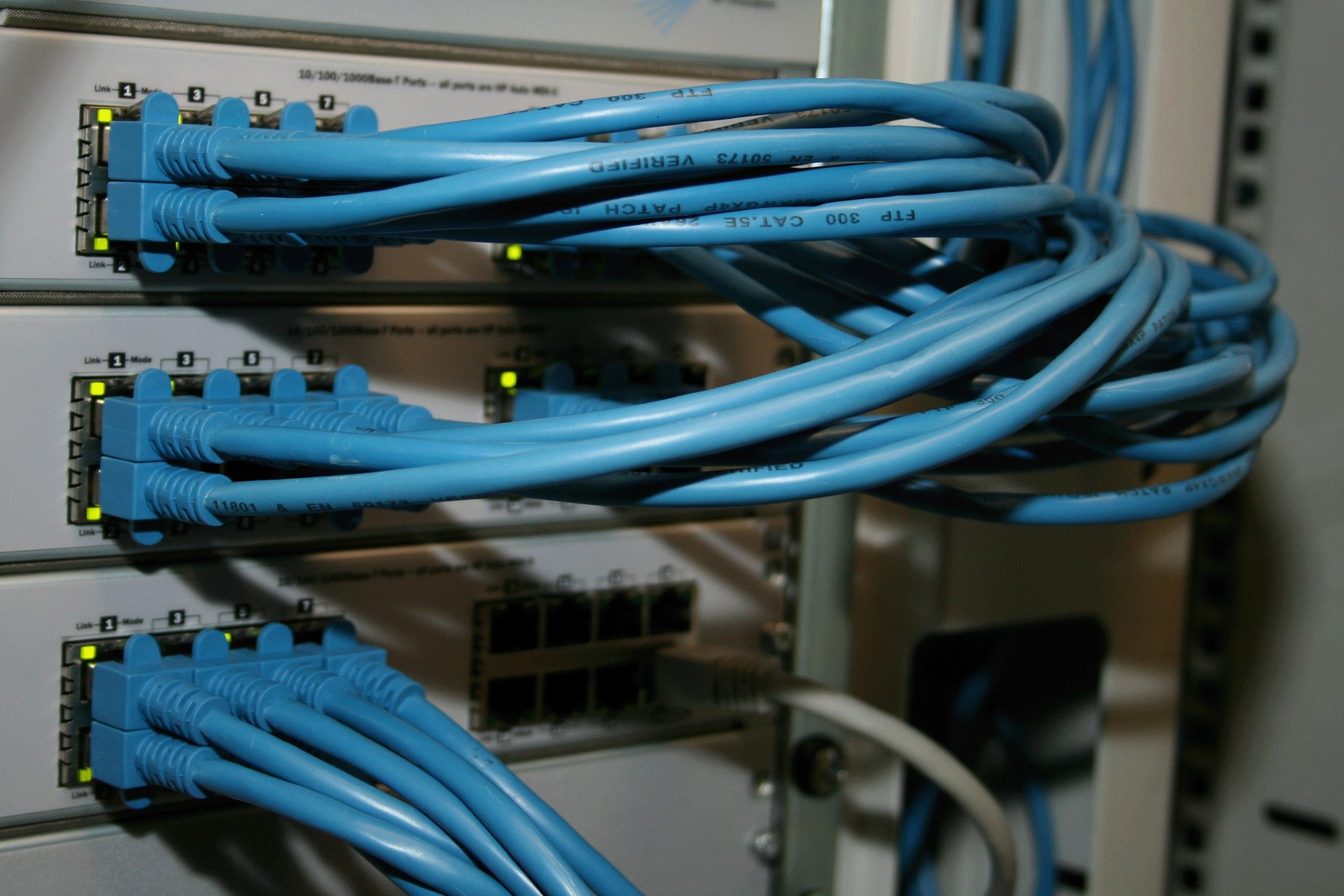What is a Virtual Private Server (VPS)?
A Virtual Private Server is a virtual machine that offers virtualized server resources on a physical server shared with other users. With VPS hosting, you gain dedicated server space with reserved resources, providing enhanced control and customization compared to shared hosting. Explore our high-quality options at Q-Fi to leverage the incredible power of the cloud. Visit our website for more information today.
How does a VPS work?
When you opt for a Virtual Private Server hosting solution, you're essentially delving into a world where the boundaries between shared hosting and dedicated server hosting blur. Here's how it works:
Instead of having a physical server all to yourself, as you would with a dedicated server, with VPS hosting, you're essentially renting a portion of a physical server that's been partitioned into multiple virtual compartments. Think of it as a high-rise apartment building where each unit functions as an independent entity within the larger structure.
To create these virtual compartments, your hosting provider installs a hypervisor—a software layer—on the physical server's operating system (OS). This hypervisor enables the server to operate multiple virtual machines (VMs), each functioning as a separate server environment.
So, despite sharing the physical resources of the server—like CPU, RAM, and storage space—with other users, the beauty of a VPS lies in the fact that each virtual compartment operates as if it were a dedicated server. This means you have the freedom to install and run your own operating system, software applications, and services without interference from other users.
Moreover, when you subscribe to a VPS hosting plan, you're typically allocated a specific amount of resources—such as CPU cores, RAM, and storage—that are exclusively reserved for your VPS. These resources are ring-fenced, meaning they're not shared with other users on the same physical server. This ensures that you have predictable performance and stability, regardless of what other users on the server are doing.
In essence, while you're technically sharing a physical server with other users, the virtualization technology underlying VPS hosting creates a level of isolation and resource allocation that mimics the experience of having a dedicated server—all at a fraction of the cost.ChatGPT can make mistakes. Consider
Virtual private server vs. dedicated server
To understand the differences between a virtual private server and a dedicated server, it’s important to first understand the different types of web hosting services available.
- Dedicated hosting allocates an entire physical server exclusively to your business, ensuring that all resources are reserved solely for your use. This grants you comprehensive control over every aspect, spanning from hardware to the operating system to customized server software.
- VPS hosting on the other hand, occupies a middle ground between shared and dedicated hosting. Unlike shared hosting, VPS offers a predetermined amount of resources specifically assigned to your virtual server. Moreover, it provides numerous benefits akin to dedicated hosting at a more economical rate, including autonomy over your operating system, server applications, and root access control.
Let’s use an analogy to help break down the differences between a VPS and a dedicated server:
When you opt for a Virtual Private Server (VPS), it's akin to leasing a furnished apartment in a bustling multi-unit complex. Picture each VPS as its own distinct unit within this building, complete with its set of rooms, utilities, and amenities. This setup allows tenants—the VPS users—to personalize and tailor their digital living spaces to their preferences to a certain extent.
Despite sharing the underlying infrastructure of the building—such as the lobby, elevators, and parking—with other tenants, each VPS maintains its privacy and autonomy. Just like how your apartment is yours to furnish and arrange as you see fit, a VPS gives you a degree of control over your digital environment within the shared server infrastructure.
On the flip side, a dedicated server is more akin to owning a standalone house. With a dedicated server, you enjoy exclusive access to the entire property, encompassing all rooms, utilities, and even outdoor spaces. This level of access grants you unparalleled control over customization, security measures, and resource allocation without any need for sharing with others.
However, it's essential to consider that, much like the upfront costs and maintenance associated with owning a house, opting for a dedicated server typically comes with higher initial and ongoing expenses compared to renting a VPS.
Want Help With choosing Your VPS Service
We're dedicated to assisting you with all your hosting requirements. Our team provides round-the-clock sales and technical support, ensuring that assistance is available whenever you need it. Whether you have inquiries about our services or require technical guidance, we're here to help you every step of

















